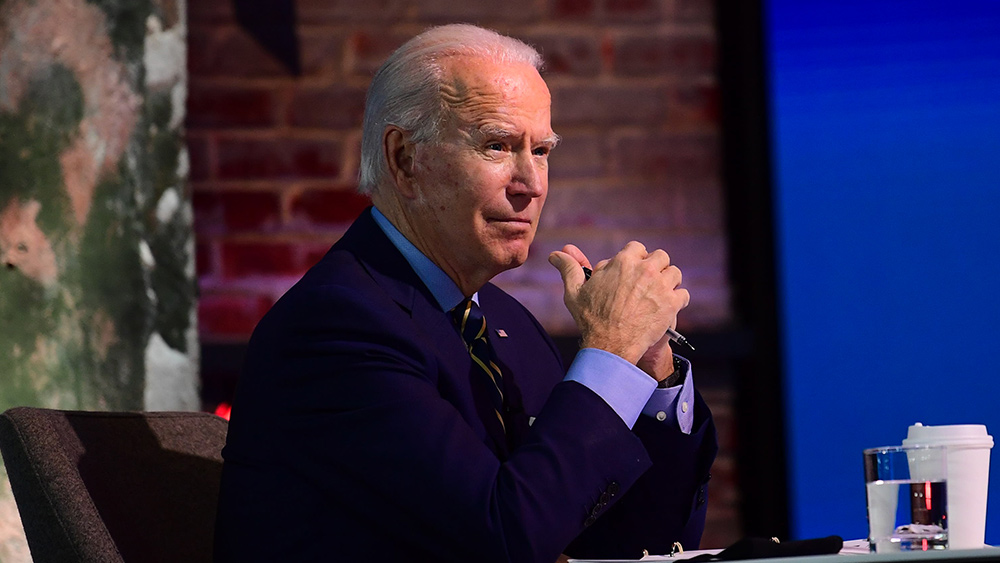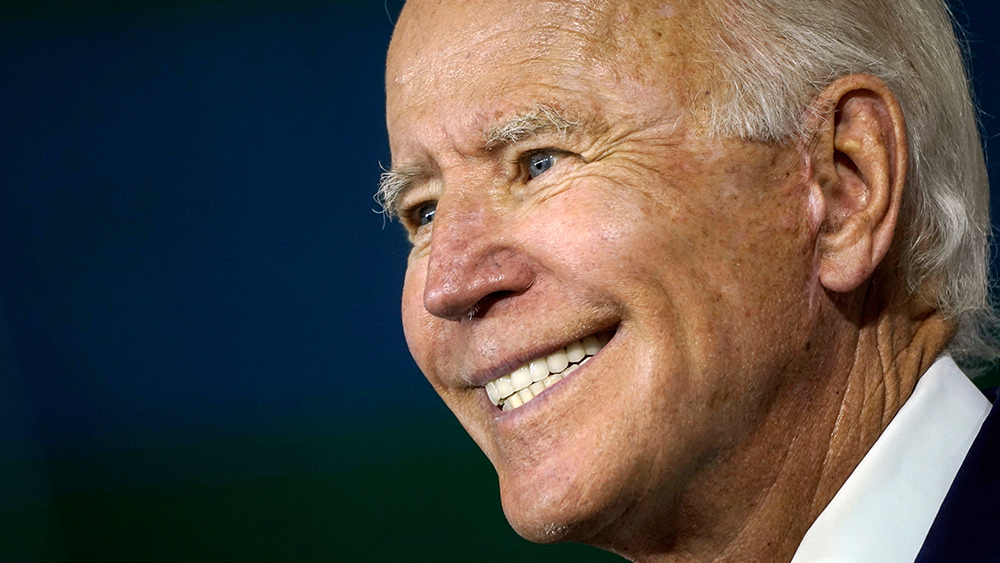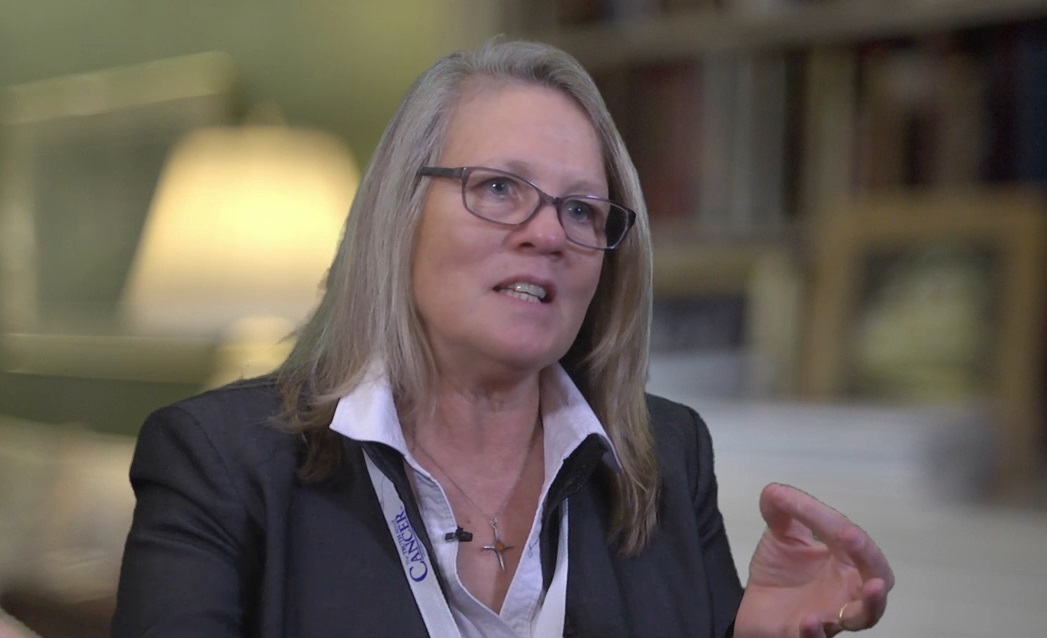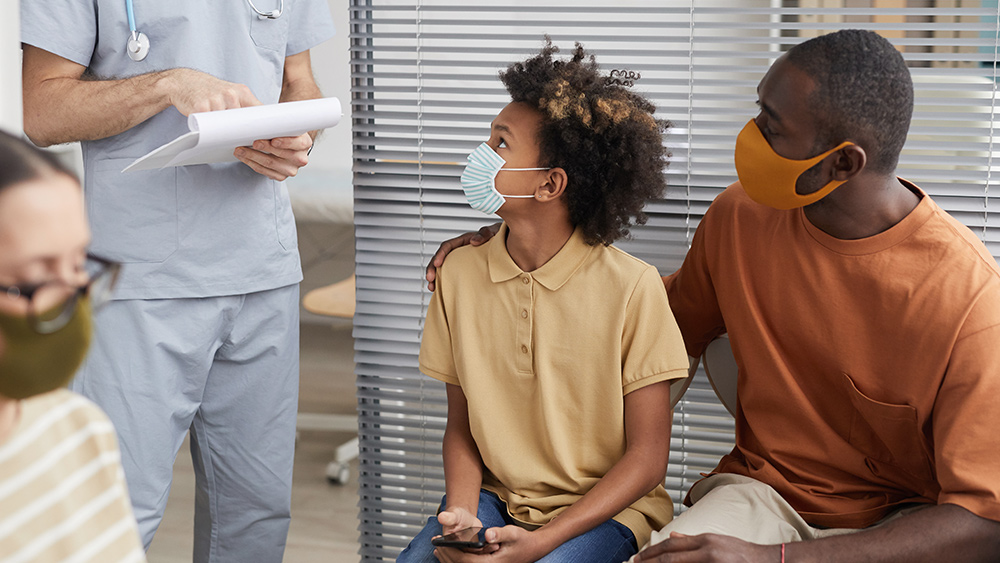Study: 5 Hours of exercise a week can help prevent 46,000 cancer cases in the US yearly
09/21/2022 / By Zoey Sky

A major study estimates that three percent of all U.S. cancer cases annually (about 46,000 cases) could be prevented if inactive adults made lifestyle changes to meet the physical activity guidelines of five hours every week.
The study was released in the journal Medicine & Science in Sports & Exercise. This study is the first to estimate the number of cancer cases attributable to physical inactivity based on cancer sites for each state, highlighting the need for “strong research involving exercise and cancer.”
Regular exercise key to reducing cancer risk
According to AICR’s comprehensive analysis of the global research, exercising regularly can help reduce the risk of breast, colorectal and endometrial cancers. Data suggests that physical activity may also help lower the risk of esophageal, liver and lung cancers, but the researchers acknowledged that the evidence isn’t strong enough to meet AICR’s rigorous guidelines for them to conclude a clear link.
In previous years, single studies have shown that physical activity lowers the risk of several cancers beyond what AICR has concluded. The research involving exercise and cancer also reveals the many benefits of physical activity for cancer survivors.
Both laboratory and clinical studies have found that physical activities support the immune system, reduce chronic inflammation and promote healthy levels of hormones, such as insulin and estrogen.
The AICR recommends meeting the U.S. government’s recommendations for physical activity of at least 30 to 60 minutes of moderate-intensity activity per day (about 2.5 to five hours per week). Another option is to engage in about 75 minutes of vigorous exercise every week.
All activities that raise your heart rate to at least a moderate activity count toward weekly exercise, such as brisk walking, dancing and swimming.
The research team first gathered data on cancer incidence and activity habits of residents 30 and older in each state and the District of Columbia. The researchers also gather activity data from self-reported surveys from 2013 to 2016.
The team then grouped the volunteers’ activity habits into eight categories depending upon the energy expended, with the lowest being zero or completely inactive. The highest category was equivalent to five hours of moderate-intensity activity per week or 45 minutes per day. (Related: Study suggests pomegranates can slow the growth of cancer cells.)
For their calculations, the researchers focused on total cancer incidence and seven cancer types based on an analysis of nine studies. This analysis showed a specific lower risk when comparing high to low activity levels for cancers of the breast, endometrium, colon, stomach, kidney, esophagus and bladder.
Lastly, the researchers placed all the figures in an equation called the population attributable fraction. The equation determined the proportion of incidents (such as cancer) in a population attributed to a specific risk factor (such as inactivity).
Cancers associated with inactivity
Compared to the highest recommended level of physical activity, or at least five hours a week, the results of the study estimated that at least three percent of all incident cancer cases, with the exception of nonmelanoma skin cancers, were linked to physical inactivity. They also found that the proportion of cancers due to inactivity was higher in women and that the annual cases were more than double the numbers of men.
For specific cancer sites, 9.3 percent of colon cancers, 8.1 percent of esophageal cancers and 6.5 percent of female breast cancers were linked to a lack of exercise.
When classified by state, the proportion of cancer cases attributable to physical inactivity ranged from 2.3 percent in Utah to 3.7 percent in Kentucky.
There are many obstacles to physical activity. Some are more likely to affect historically marginalized populations and those with a limited income, explained the researchers.
The study findings emphasized the need for interventions such as community programs and appropriate infrastructure that can help promote physical activity across states, especially in states with a higher prevalence of physical inactivity and attributable cancer cases.
As the study has proven, exercising regularly helps you maintain a healthy weight and also protects you against certain kinds of cancer.
If you’ve never been physically active, take small steps and start with manageable and moderate, 15-minute exercise sessions. Do five sessions during week one.
As you get stronger, gradually add five, 10, or 15 minutes over the next several weeks until you can easily get past the 30-minute mark each session.
If you have health issues that prevent more vigorous activities, try going for brisk walks to reduce your cancer risk.
To become consistently active, you also have to consider your mindset. Motivate yourself by thinking of exercise as play instead of a task.
Whether you’re exercising at the gym or on a brisk walk, try to enjoy the world around you and rest easy knowing that you are working hard to become healthier.
Visit CancerSolutions.news for more updates on cancer research.
Watch the video below for a fun, quick Zumba workout.
This video is from the Dance Dance Workout channel on Brighteon.com.
More related stories:
Study finds that consuming more edible mushrooms lowers cancer risk.
Natural treatments: Salt nanoparticles are toxic to cancer cells, say researchers.
Sources include:
Submit a correction >>
Tagged Under:
alternative medicine, exercise, fitness, health science, inactivity, natural cures, natural health, natural medicine, physical inactivity, research, sedentary lifestyle., workouts
This article may contain statements that reflect the opinion of the author




















